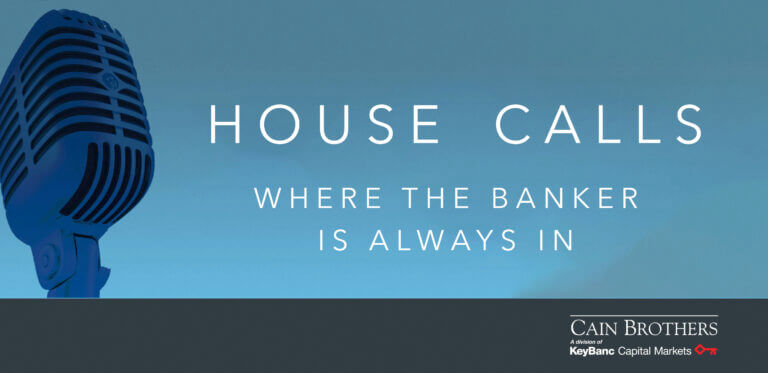December 12, 2019

Will 2020 Be the Year that Healthcare Gets More Affordable?
As 2019 draws to a close, the evidence continues to mount that healthcare affordability again will be the No. 1 challenge facing patients in 2020. What incumbent industry stakeholders, lawmakers, new market entrants and policymakers do to address their customers’ No. 1 concern will be fascinating to watch.
One sign of trouble was CMS’ release of national health expenditure figures for 2018. CMS said spending rose 4.6 percent to more than $3.6 trillion last year, up from a 4.2 percent increase in 2017.
One factor that drove the higher annual increase, CMS said, was the cost of providing commercial health insurance to employees of privately owned companies. Private employers paid $561.3 billion last year in health insurance premiums for their workers. That’s a whopping 7.1 percent more than the year before. It’s also the highest annual increase since 2003, when private employers’ costs jumped 8.7 percent.
By comparison, employees of privately owned companies paid $216.2 billion last year, or 3.9 percent more than in 2017, for their health coverage. That’s down from a 6.1 percent increase in 2017.
To me, that’s a red flag. I just don’t see private employers absorbing another 6 to 8 percent hit this year or in 2020. I think that what you’ll see is more of those costs pushed on to the shoulders of employees.
Showing that I don’t just make this stuff up were the results of a survey by the Transamerica Center for Health Studies. The TCHS asked nearly 1,400 employers their thoughts on where employer-based health insurance is going. In its seventh annual U.S. Healthcare Employer Survey, the TCHS said 19 percent of the respondents said they increased employee cost-sharing this year to help manage their company’s healthcare costs. Thirty-seven percent said they expect employees’ out-of-pocket healthcare costs to increase over the next one to three years.
Another sign of trouble was the Commonwealth Fund’s report Trends in Employer Health Care Coverage, 2008–2018: Higher Costs for Workers and Their Families, which kind of gives away the ending in its title. The report is based on survey data from more than 40,000 private-sector employers about their health insurance plans for their workers.
The combined cost of health insurance premiums and deductibles represented 11.5 percent of median household income in 2018, according to the report. That’s up from 7.8 percent in 2008.
“Higher costs for insurance and health care have consequences,” the report said. “People with low and moderate incomes may decide to go without insurance if it competes with other critical living expenses like housing and food. Research indicates that high deductibles lead people to delay or skip needed health care and prescription medications.”
Right on cue, Gallup released the results of a survey of 1,015 adults that found that 25 percent said that they or a family member skipped or delayed treatment for a serious medical condition this year because of the cost. That’s up from 19 percent who said the same thing last year.
“While most of the increase Gallup sees in delayed treatment occurred over a decade ago, the sharp increase in the past year…suggests that healthcare costs could be a more potent political issue than previously seen,” the polling organization said.
Maybe. Talk is cheap. Really doing something about the affordability of medical care is hard. Let’s hope the New Year brings true market-based reforms and innovations that put high-value healthcare services within the financial reach of all Americans.
To learn more on this topic, please read “An Unbearable Burden: Paying for Commercial Health Insurance” on 4sighthealth.com.
Thanks for reading.





